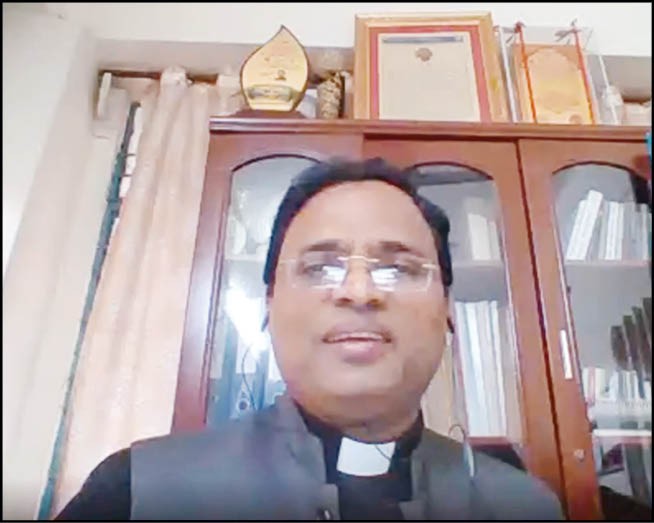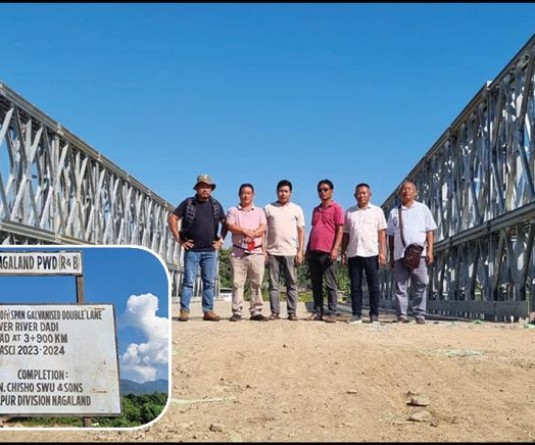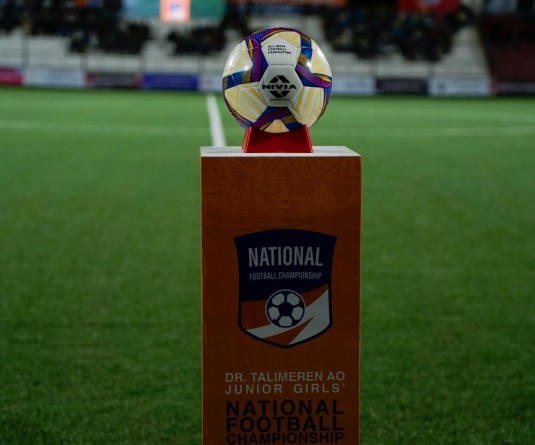Dr Fr CP Anto, Principal, NEISSR delivering the keynote address during the inaugural session of the two-day online national conference organised by the Internal Quality Assurance Cell, Tetso College.

Dimapur, January 22 (MExN): A two-day online national conference on the topic ‘Higher Education in North-East India: Trends, Opportunities and Challenges’ got underway on January 22, with participants from across the country.
Organised by the Internal Quality Assurance Cell, Tetso College, a total of 15 academicians from various parts of the country such as Maharashtra, Meghalaya, Assam, West Bengal, and Nagaland are presenting papers in the National Assessment Accreditation Council (NAAC) sponsored conference.
According to a press release on Friday, IQAC Coordinator, Tetso College, Dr Elika Assumi stated that the global COVID-19 pandemic has beset educational institutions with challenges never faced before while also affording fresh avenues for innovation such as the online platform. She also mentioned that this was the first NAAC sponsored national conference being held online.
Dr Elika termed it as a ‘unique collaboration’ and expressed optimism that this relationship will continue to create strong academic partnership to cement the managing role of NAAC in higher education of the nation.
In her inaugural speech, Vice-Principal, Tetso College, Dr Hewasa Lorin thanked all the participants and organisers for conducting a national conference which aims to examine the current scenario of higher education in north-east India.
She reminded that presently there are two imminent issues that need to be tackled in the education sector; to overcome the digital learning divide caused by the pandemic and to implement the new education policy. Despite other numerous challenges, Dr Lorin was hopeful that there are plentiful opportunities for academicians to create a sizeable impact especially when they are aware of the challenges.
Delivering the keynote address, Dr Fr CP Anto, Principal, NEISSR, thanked the Principal and faculty of Tetso College for organising the conference and urged the participants to reflect on the situation of higher education, its challenges and opportunities in the post-pandemic scenario. Giving a brief report about higher education in the North-East, Dr Anto stated that there are 10 central universities, 13 state universities, 31 private universities, 1 deemed university and 924 colleges in the region according to UGC.
Besides this, he pointed out some challenges such as inadequate infrastructure and sustainability of financial support, digital divide, theory-based syllabus, lack of research and creating new studies, language barriers, etc. However, he said that the higher education system is growing rapidly and with a vibrant youth populace from the region, the possibilities could be endless.
In conclusion, he said that ‘the function of universities is not merely to send out technically skilled and professionally competent persons but to produce in them the quality of compassion.’
The inaugural session was chaired by Dr Rosy Tep, Department In-Charge, Tetso College while a special song was presented by Mmhatsu Humtsoe of MA English 3rd Semester.
The presenters on the inaugural day were Dr Parimala Veluvali on the topic ‘Leveraging the Learning Management System to make Classrooms more Engaging and Inclusive: An Exploration’; Dr S Elika Assumi on ‘Online Learning in Nagaland: Case Study of a College in Nagaland’; Wapangsenla Imchen on ‘Faculty Training and Development of Higher Education Institutions in Nagaland: Barriers Faced’; Dr S Maxwell Lyngdoh on ‘Role of a Career Counsellor in facilitating Career Preparedness for students who are First Generation Learners in Shillong, Meghalaya’; Dr Sabur Ali M & Dr Rimmei Longmeion ‘Lack of Interest in Science Subjects in Higher Education and Math Phobia in Nagaland’; Sumita Banik Saha on ‘Efficacy of ICT Enabled Education in Tackling Growth Obstacles in India’; Jube Boruah Mondal on ‘Influence of ICT in Research Development in Higher Education’; and Dr Aniruddha Babar & Dr Debabrata on ‘Analytical Study of Quality Control Measures and Mechanism in ICT Based Teaching and Learning.’






